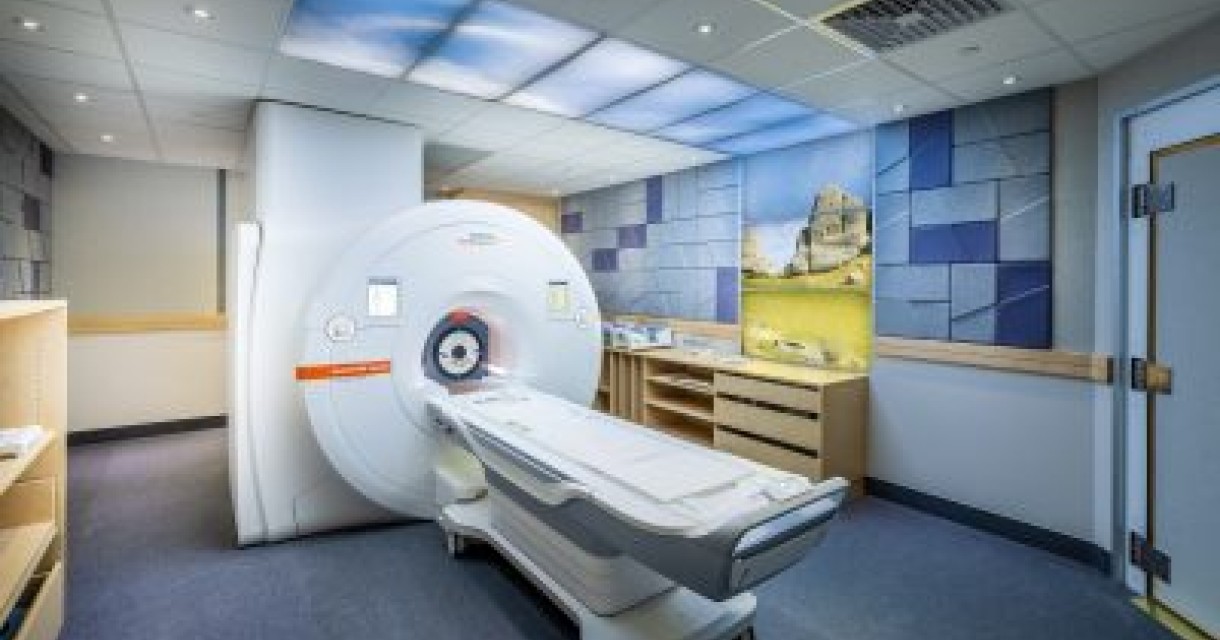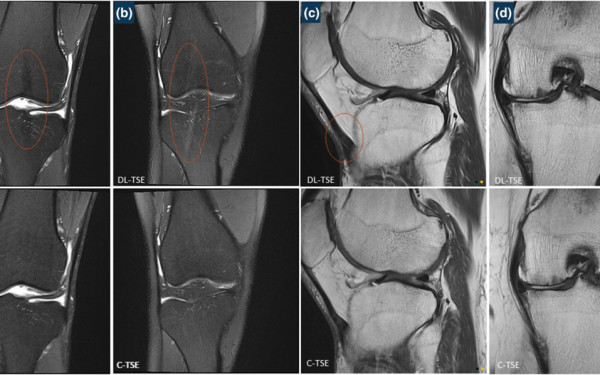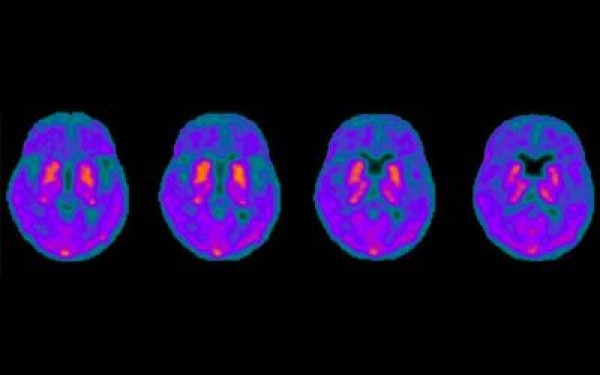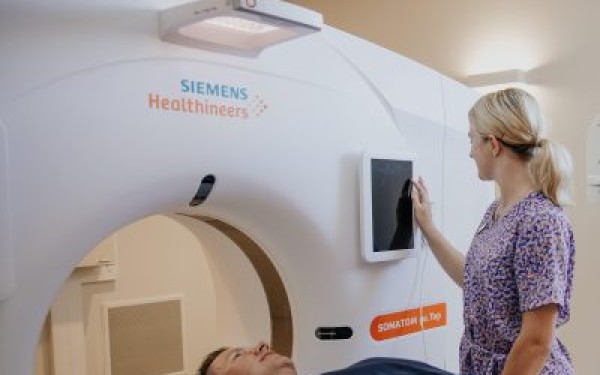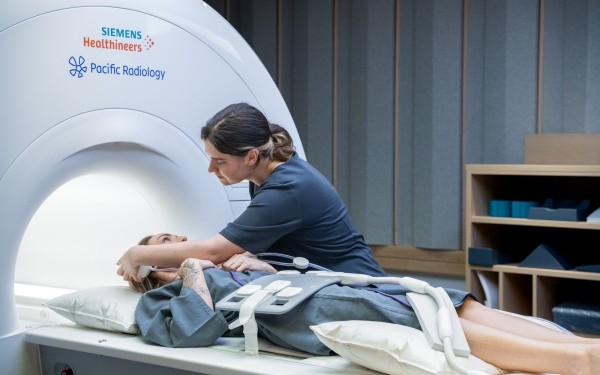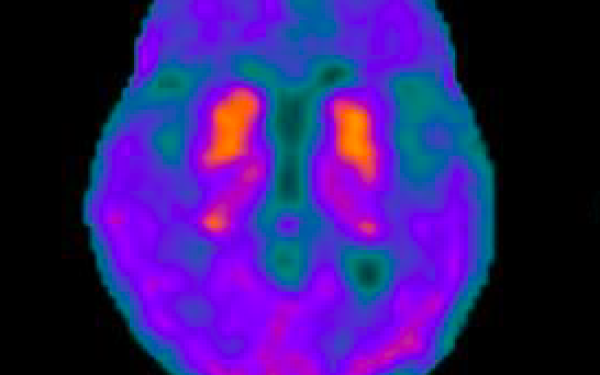Little is known about the long-term impact of cannabis use on the ageing brain. However, this is about to change. Pacific Radiology’s Research & Education Trust is excited to support a collaboration between the Christchurch Health and Development Study and the NZ Brain Research Institute, as part of an important study that will not only attract global interest, but its outcomes will help inform New Zealand’s future public health policies and strategies on cannabis use.
The Christchurch Health and Development Study (CHDS) imaging programme is one example of the valuable contribution Pacific Radiology has made to local research with a global impact. The study has been in existence for more than 40 years, during which time researchers have followed the health, education and life progress of a group of 1265 children born in the Christchurch urban region in mid-1977. The cohort has been studied from infancy into childhood, adolescence and adulthood - and the study is internationally recognised.
Pacific Radiology has provided cutting-edge MRI imaging technology for the study to further a range of research angles. Specifically, the study has investigated the effects of cannabis on brain structure and function, as well as heart function, in study participants at age 42. Cannabis is the most widely used illicit drug in New Zealand and is associated with a range of adverse outcomes. Combining brain and heart MRI imaging in the same cohort is one of the novel aspects of the study into cannabis use.
With 50 participants from the cohort, researchers have been looking into how brain and heart activity, neuropsychological data and biological markers are related to a history of cannabis use. The idea is to compare people who have a significant history of cannabis use with those who do not. All the imaging has been performed on Pacific Radiology’s scanners at the St George’s branch in Christchurch, namely MRI scans examining the structure and function of the head and the chest.
Dr Tracy Melzer from the University of Otago, Christchurch, and the NZ Brain Research Institute, notes that Pacific Radiology is the ‘go-to’ partner for imaging and he credits the strength and success of many research projects to the long-standing partnership, which enables access to world-class technology:
"We truly have a great relationship with Pacific Radiology. We are very thankful for their support, enthusiasm, clinical expertise and leading-edge technology that has allowed us to advance our imaging research."
The first phase of this research into the effects of cannabis on the body is now complete.
